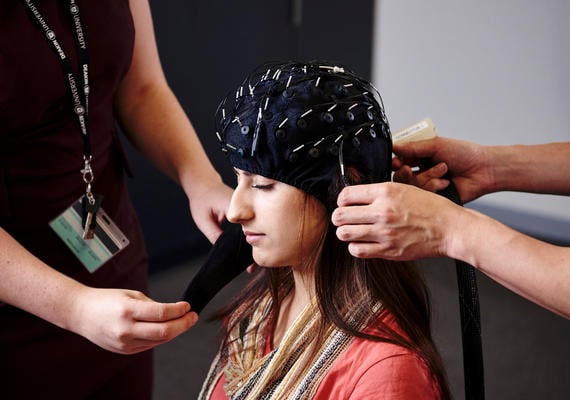
Innovative treatment strategies to heal the mind
Over the past two decades, drug discovery has come to a near standstill for psychiatric disorders such as schizophrenia, bipolar disorder and depression. Challenging prevailing assumptions about mental health disorders, Professor Michael Berk has investigated fresh ideas. Now, his team’s research is alleviating distress for millions of people.



